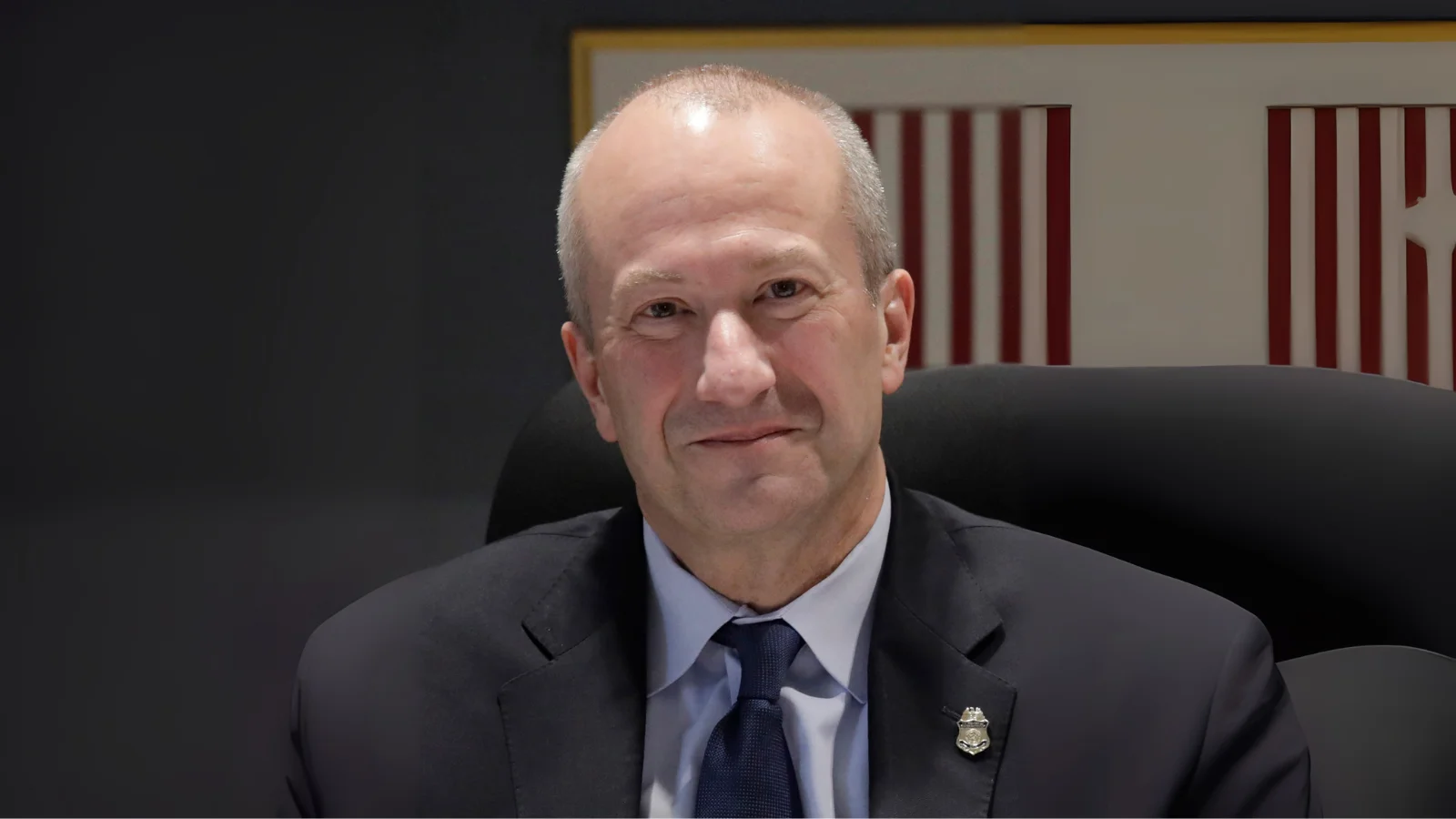U.S. Customs and Border Protection (CBP) officers in Philadelphia seized cocaine and methamphetamine hidden inside a children's board game that was being shipped to London on July 30. The shipment, which was labeled as a "boardgame," contained two concealed bags under cat food in a box for the "5 Second Rule, Jr." game.
According to CBP officials, one zip-lock bag held 515 grams of white powder that tested positive for cocaine, while another vacuum-sealed bag contained 186.9 grams of pink pills identified as methamphetamine. The package had been sent from Atlanta back to its original address in London after being marked as return to sender. Parcels are sometimes returned if they are undeliverable or not accepted at their intended destination. Authorities noted that drug traffickers may use this tactic—sending packages back as returns—to disguise their activities by making parcels appear misaddressed.
The narcotics were confiscated by CBP officers, and an investigation into the incident is ongoing.
“This seizure of dangerous drugs illustrates how Customs and Border Protection officers expertly leverage our export enforcement mission to combat drug trafficking organizations,” said Cleatus P. Hunt, Jr., Area Port Director for CBP’s Area Port of Philadelphia. “CBP officers remain committed to searching for and seizing similar export and import shipments to deprive criminal organizations of their poisonous products or illicit revenue.”
CBP reports that its personnel seize an average of 1,571 pounds of drugs daily at air, sea, and land entry points across the country, including approximately 78 pounds of fentanyl each day. More details about the agency's operations can be found in summaries such as "A Typical Day" in 2024 and through published enforcement statistics.
CBP’s Office of Field Operations leads border security efforts at ports of entry nationwide. Officers screen travelers and cargo for narcotics, unreported currency, weapons, counterfeit goods, prohibited agriculture items, invasive species, and other products considered threats to public safety or economic security.
CBP describes itself as the nation's largest law enforcement agency with over 65,000 employees working across multiple environments to protect America’s borders and support legal travel and trade.




